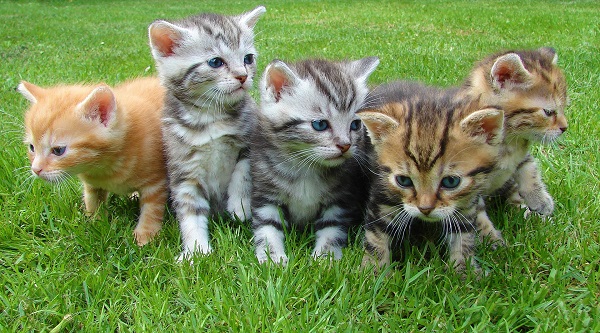Make Up for Lost Time
 Most of us have had to make up for lost time. We plan to complete tasks. Yet, other events interfere with those plans.
Most of us have had to make up for lost time. We plan to complete tasks. Yet, other events interfere with those plans.
To make up for lost time means to spend time doing what we should have done earlier.
Because of our delay, we have to work quicker or longer to get the job done. For example, we:
- Leave late and drive faster to arrive on time. (I don’t recommend this.)
- Fail to complete a work assignment and have to work harder later.
We occasionally make up for lost time in our relationships.
- After years apart or with little time together, we focus on one another.
- When illness prevents favorite activities, we spend extra time on them after we heal.
Too often, we waste time.
That looks different for each of us. We dillydally when we:
- Delay a task we don’t want to perform
- Sleep late
- Spend excess time on fun but useless activities
We also make up for lost time through no fault of our own.
We simply have more to do than we can do.
- Emergencies occur.
- We complete the work other people failed to do.
- Unexpected requests or assignments arise.
God gives each of us twenty-four hours a day.
Will we:
- Use it wisely?
- Keep our priorities in order?
- Do our best?
As John Wooden said, “If you don’t have time to do it right, when are you going to have the time to do it over?”
“I trust in you, Lord; I say, ‘You are my God.’ My times are in your hands.” —Psalm 31:14-15
Thanks to Beckham Wilson for the suggestion and to Beverly Ennis for the photo.
Do you have an expression you want explained or a thought about this one? If so, please comment below.
Subscribe to receive my weekly posts by email and receive a free copy of “Words of Hope for Days that Hurt.”
If you enjoyed this post, please share it with your friends.









